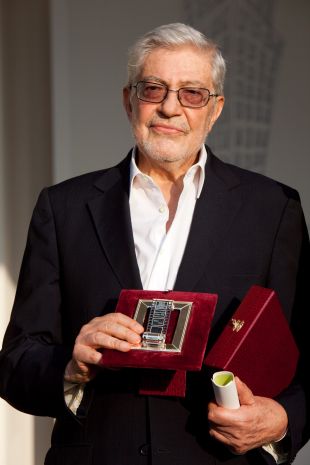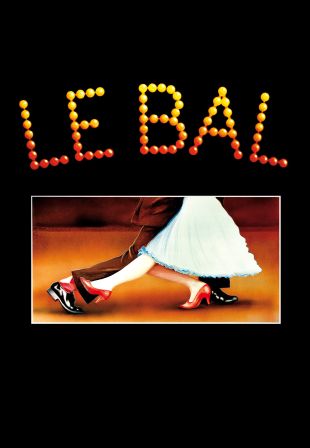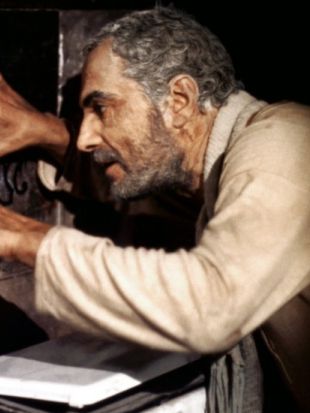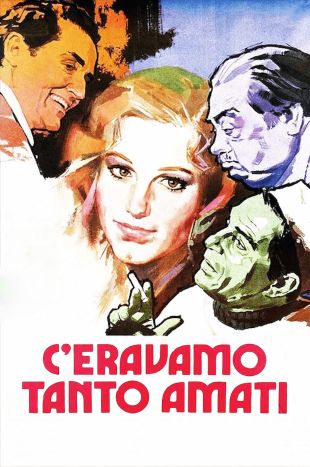Though he began his career with commedia all'italiana, Ettore Scola shifted his cinematic view to larger concerns, and matured into one of the most highly regarded Italian filmmakers of the 1970s and into the 1990s.
After World War II, Scola went to Rome to study law, but opted to pursue a writing career. Following in the footsteps of Federico Fellini, Scola contributed to humor magazine Marc' Aurelio before he entered the film industry as a screenwriter in 1953. Over the next decade, Scola churned out dozens of comic scripts, both in collaboration and solo, including Love and Larceny (1960) and The Magnificent Cuckold (1964). Scola moved to directing in 1964 with the sex farce Let's Talk About Women. Though he spent the remainder of the decade directing such stars as Vittorio Gassman, Nino Manfredi, and Marcello Mastroianni in traditional Italian comedies, other critical concerns emerged in his films by the 1970s.
Reflecting the influence of the socially attuned, experimental work of postwar greats Vittorio De Sica, Roberto Rossellini, Federico Fellini, and Michelangelo Antonioni, Scola's work tempered comedy with serious questions of politics, humanity, and cinema. In his acclaimed We All Loved Each Other So Much (1975), Scola combined an examination of postwar social currents with an homage to the postwar Italian cinema enmeshed in those shifts. Dedicated to De Sica, whose Bicycle Thieves (1947) plays a pivotal story role, Scola moves from a neorealist vision of the Resistance and 1950s Rome to a full-color 1960s dolce vita of excess and disillusion as he charts the lives of three friends. Scola earned Cannes' Best Director prize for Down and Dirty (1976), a parody that harshly reverses the utopian view of urban poverty in De Sica's Miracle in Milan (1951). Casting Sophia Loren and Mastroianni against type as a worn housewife and an anti-Fascist homosexual, Scola's incisively acted, Best Foreign Film Oscar nominee A Special Day (1977) counterpoints an encounter between two outsiders with Hitler's May 1938 visit to Rome. With The Terrace (1979), Scola turned his critical eye upon his own legacy of movie comedy in a collection of bittersweet vignettes. While Scola's Communist politics informed his view of the alienating effects of postwar Italian capitalism, his films were also infused with humor and concern for how individuals find their own ways to survive.
Expanding his view beyond Italy, Scola further bolstered his international reputation with La Nuit de Varennes (1982). A philosophical costume fable starring Mastroianni and Harvey Keitel, La Nuit de Varennes's scenario unites Casanova and Thomas Paine during the French Revolution. Scola's adaptation of the French musical Le Bal (1982) examined key moments in 20th century French history through choreography, mime, and music. Though his work in the 1980s was less ambitious, his films still dealt with how history affected individual lives. Scola's light-hearted comedy Macaroni (1985) featured Mastroianni and Jack Lemmon as reunited war friends, while The Family (1987) turned the events in one family's middle-class apartment into a microcosm of 20th century Italian history. Though The Family brought Scola more critical kudos and the film landed an Oscar nomination for Best Foreign Film, his subsequent work, including Captain Francassa's Journey (1990) and La Cena (1998), gained less exposure in the U.S.
Scola continued working, as both a writer and director, through the 2000s. His last film was, fittingly, a biopic of his friend Fellini, called How Strange to Be Named Federico (2013). Scola died in 2016, at age 84.



